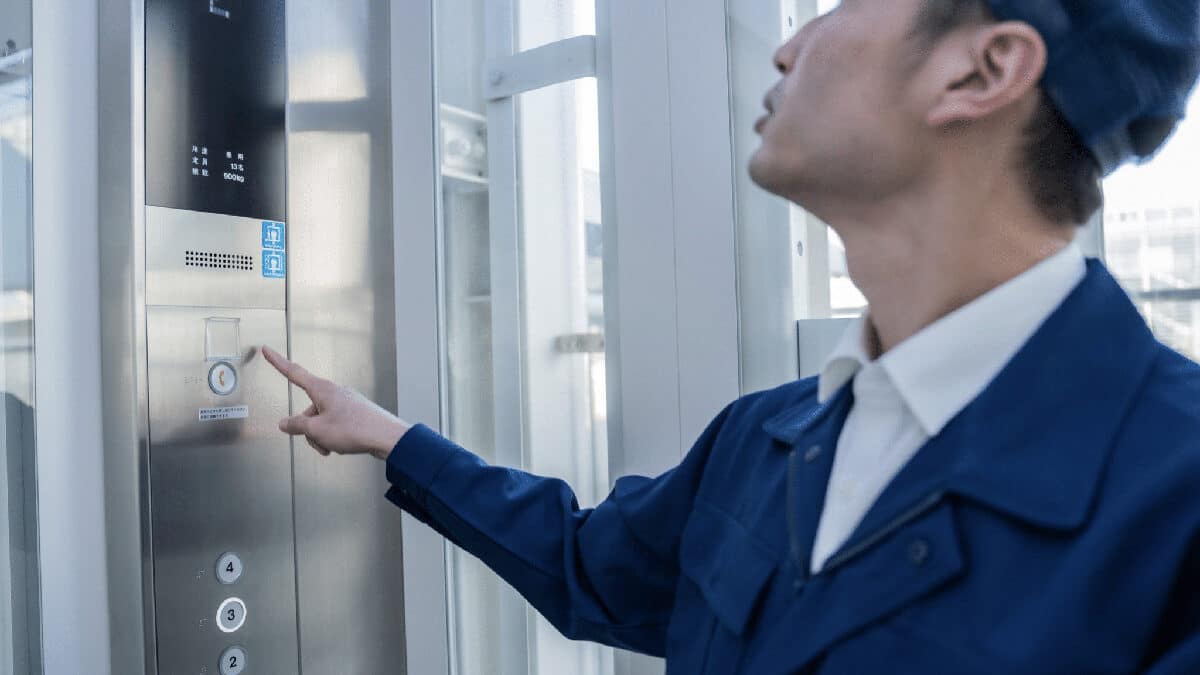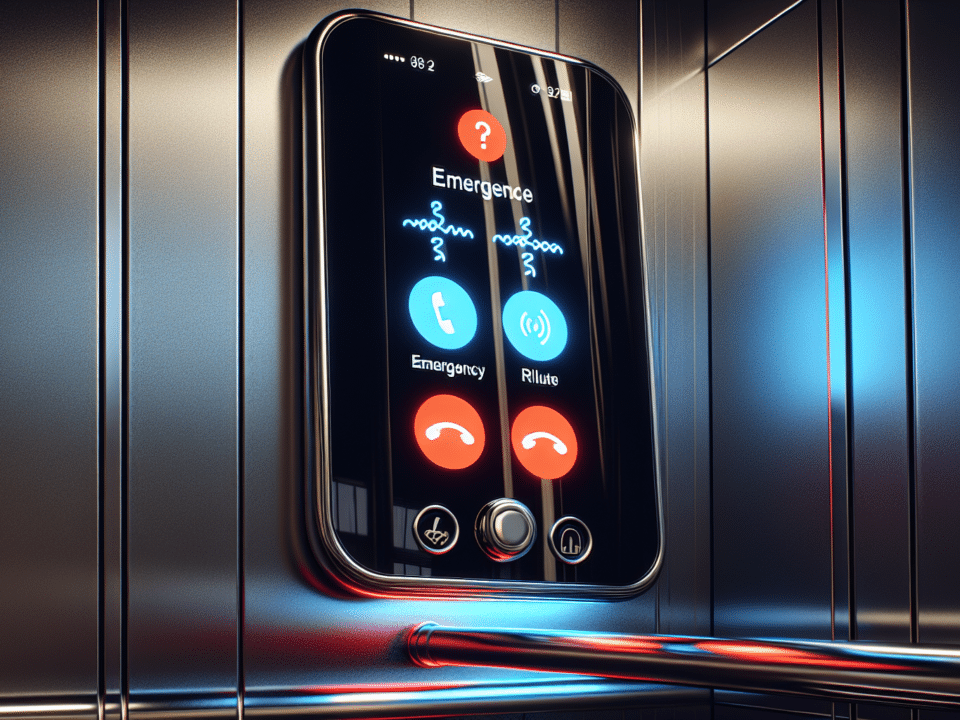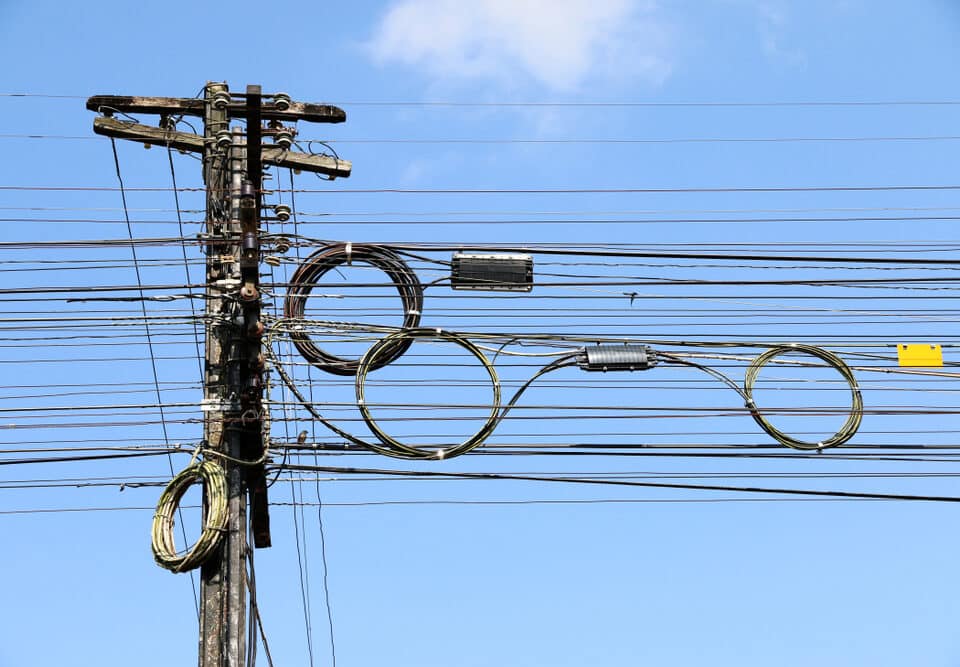
The 2024 Guide to Better Elevator Safety Measures
February 22, 2024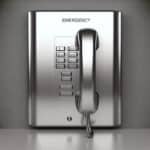
Choosing the Best Emergency Phone for Safety & Reliability
February 22, 2024The short answer to this questions is yes, absolutely. All elevators, whether they are commercial or residential, require an active, dedicated elevator phone line.
It’s safe to say that every American has ridden in an elevator at some point in their life. Many of us use them daily as they exist in virtually every commercial building greater than two stories.
Yet how often do we really think about the reliability of the life safety devices in an elevator? In the case of an emergency it becomes the only important thing.
Elevators have changed over the years and so has code requirements regarding the safety passengers. It’s important to understand the regulations that govern elevator phone lines.
There are 3 main regulatory agencies that govern elevator phone line requirements. All elevator telephones must meet ADA, ASME and IBC requirements.
Summary of Americans with Disabilities Act (ADA) Requirements:
The ADA has specific requirements for elevator phones. These requirements ensure that Americans with disabilities will have proper access to emergency assistance.
- You must place elevator phones no more than 48 inches above the floor.
- You must position the emergency button at the bottom of the elevator control panel. Their center lines must be no less than 35 inches above the floor.
- Commercial and private residence elevators and lifts must meet the a ASME 17.1 safety code for elevators and escalators.
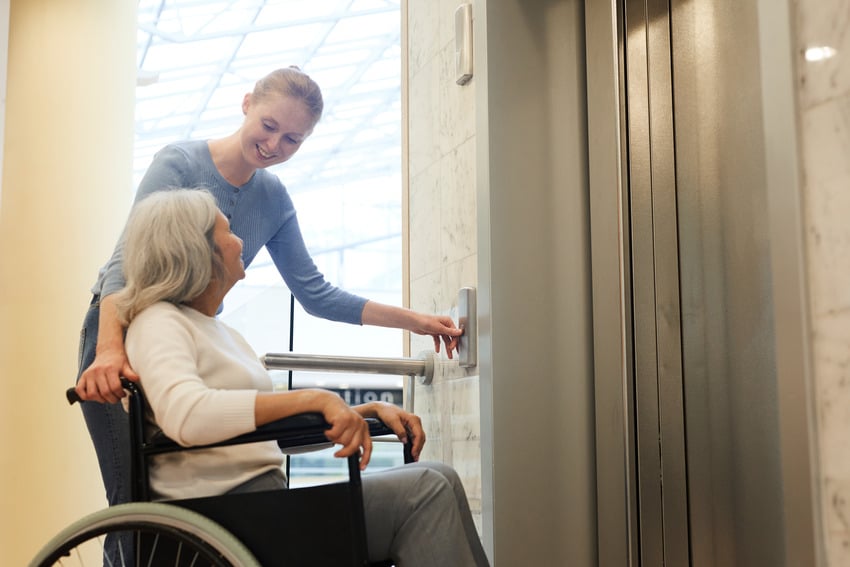
Summary of the American Society of Mechanical Engineers (ASME) Requirements:
The ASME has been making regular code adjustments since the beginning of the sun set of pots. This ensures reliable communication during an emergency.
- Elevator calls must directed to a 24 hour live monitoring service that is able to respond to emergencies.
- There must be a 2 way message display in the elevator cab for hearing and or speech impaired.
- ASME A17.1 code requires that all elevators have 2-way communications in the case of an emergency.
- The elevator phone systems should have a hands free, push button device to initiate calls. Elevator phones with handsets are no longer approved. They are ineffective for a deaf person or in a medical emergency where a passenger is unconscious.
- Code requires that emergency elevator phones have a recorded message which plays at the beginning of the emergency call. This message provides responders with the location of the elevator. This ensures that emergency services can respond regardless of the passengers ability to communicate.
Summary of The International Building Code (IBC) Requirements:
Much of the IBC code requirements are related to the actual construction of the elevator. However there is one relevant code requirement related to elevator phone lines.
Elevators must have some type of communications in place for emergencies.
An intercom system or telephones can serve this purpose, enabling communication with building personnel or emergency services during an emergency. You must have calls transferred to a monitored elevator phone line.
Conclusion:
In conclusion, building owners and elevator contractors must ensure that elevator telephones are up to code and maintained in working order.
The Americans with Disabilities Act (ADA) says that all elevators in public buildings need a phone to help people with disabilities.
The American Society of Mechanical Engineers (ASME) provides guidelines on the type of communication system required in elevators. The recommendation is to install a dedicated telephone line that directly connects the elevator car to emergency services.
Additionally, The International Building Code (IBC) also includes provisions for elevator phones. It stipulates that all new construction or major renovations must include an emergency two-way communication system within the elevator cab.
Not passing an inspection can be expensive. However, an incident caused by faulty equipment or unapproved communication systems could lead to a disaster.
Having a dedicated elevator phone line ensures you are compliant. It also enhances safety and peace of mind for both building occupants and operators.
In case of any unforeseen circumstances or emergencies inside the elevator, having instant access to help can make all the difference.

